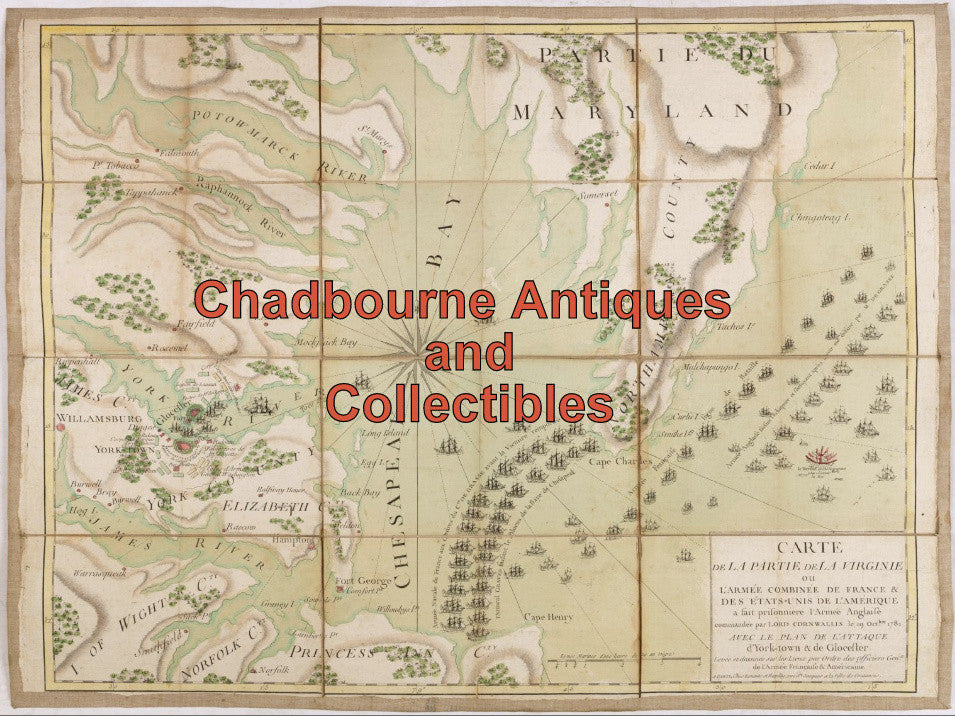$40.00 CAD
| /
Titled:
Top has text 'liv 1. Chap.1' which implies taken from book, Volume 1 Chapter 1.
Several engravers in the Klauber family, probably by the hand of Ignaz Sebastien.
Good to Fine condition: small pinhole at top, outside of image. Paper crinkled, LR corner. Smudges. Horizontal crease most visible from back. Several pencil annotations on back.
21.5 x 15 cm
The Klauber family were engravers and fine art publishers from Augsburg, Germany. Two of the sons of ancestor Franz Christoph Klauber established a catholic fine art publishing company by 1737, together with Gottfried Bernhard Göz (1708-1774), who broke away to start his own business in 1742. Klauber brothers remained a trade mark until the end of the century, and longer:
Ignaz Sebastian Klauber (1753-1817) was the most renowned member of his family. He first studied with his father, then went to Rome, then to Paris to study with Johann Georg Wille. He was accepted at the Paris Academy and became Graveur du Roi soon later, but went back to Augsburg during French Revolution, moved on to Nuremberg and finally, in 1796, to St. Petersburg, where he became engraver of the court and director of the Academy of Engravers. He very probably died in St. Petersburg.
Pope Saint Nicholas I (Latin: Nicholaus I; c. 800 – 13 November 867), also called Saint Nicholas the Great, was Pope from 24 April 858 to his death in 867. He is remembered as a consolidator of papal authority and power, exerting decisive influence upon the historical development of the papacy and its position among the Christian nations of Western Europe. Nicholas I asserted that the pope should have suzerain authority over all Christians, even royalty, in matters of faith and morals.
John Scotus Eriugena (c. 815 – c. 877) was an Irish theologian, neoplatonist philosopher, and poet. He wrote a number of works, but is best known today, and had most influence in subsequent centuries, for having translated and made commentaries upon the work of Pseudo-Dionysius.
Eriugena's Latin translation of Dionysius the Areopagite was undertaken at the request of Charles the Bald. Pope Nicholas I was offended that the work had not been submitted for approval before being given to the world, and ordered Charles to send Eriugena to Rome, or at least to dismiss him from his court.
WIKIPEDIA
